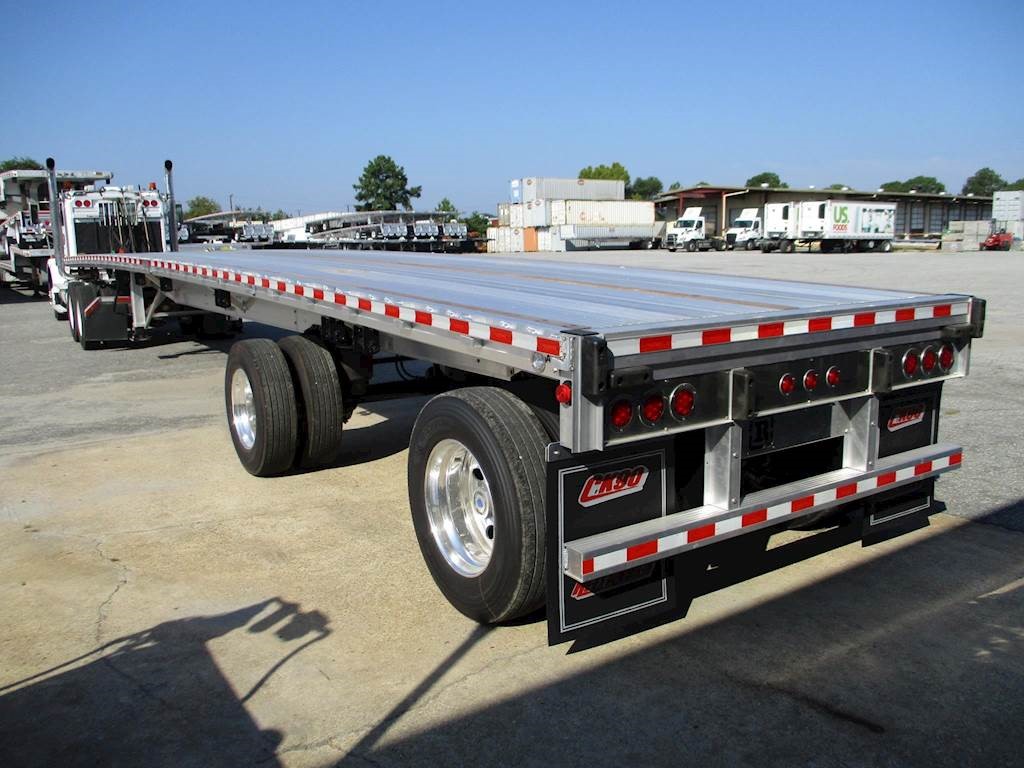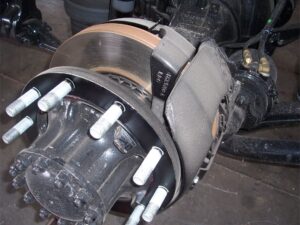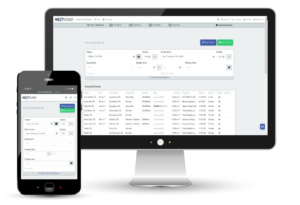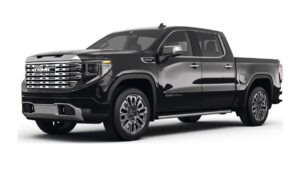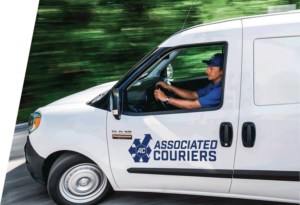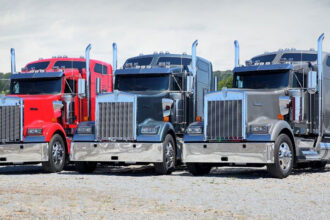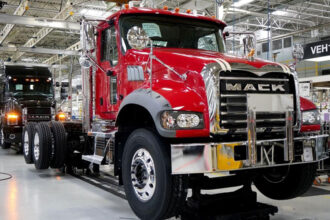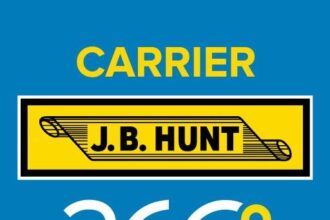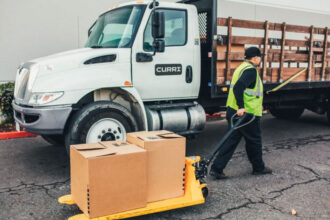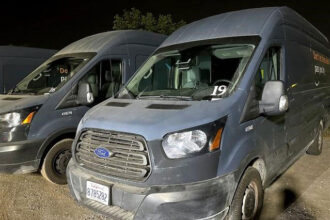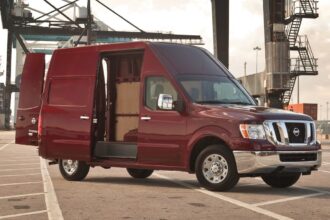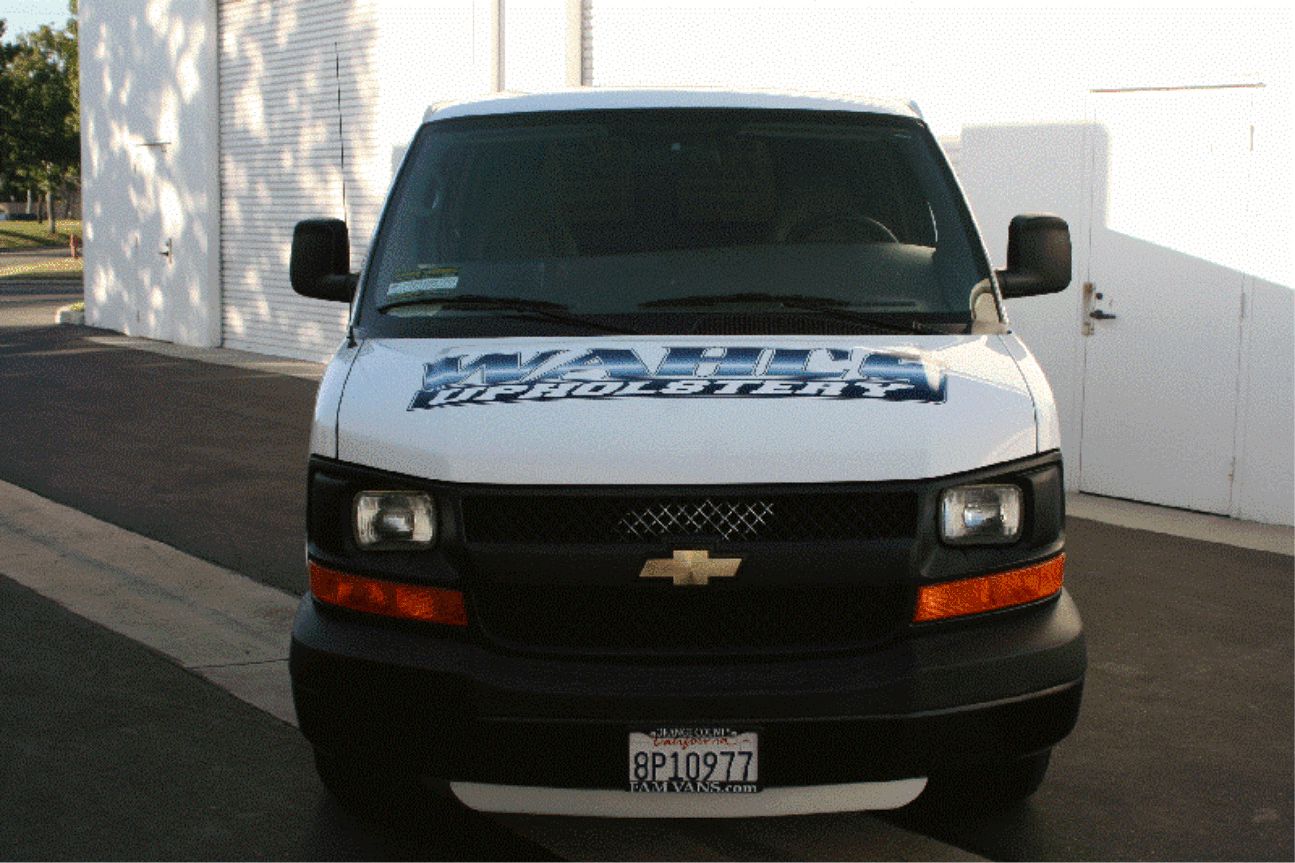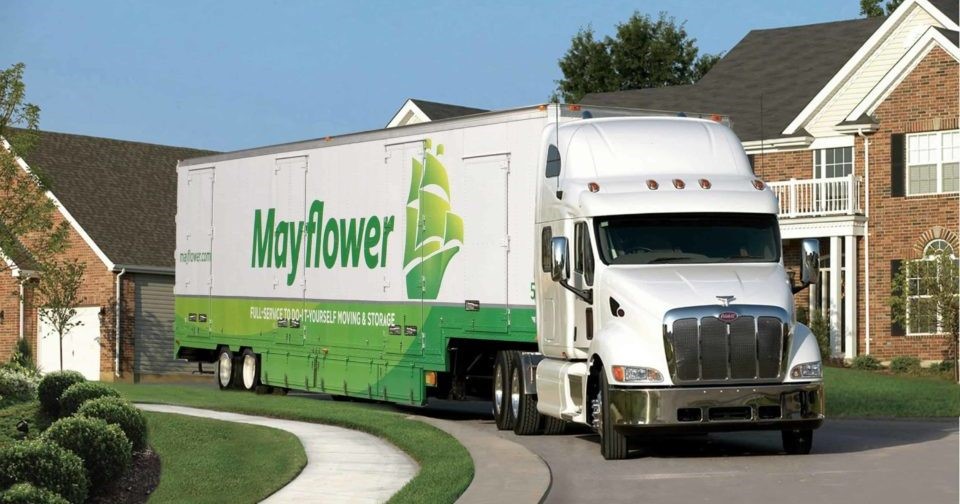Table of Contents
Introduction
The trucking industry stands as one of the largest and most pivotal components of the American economy. Remarkably, it shoulders the responsibility of transporting a staggering 70% of all U.S. freight goods via its formidable fleet of trucks. Given its immense economic influence and undeniable value, the demand for trucks, truckers, and trucking companies remains perpetually high.
Selecting the right location for your trucking business is a critical decision. Your chosen locale should align with your lifestyle preferences since it’s where you’ll spend most of your time. States like Texas, Wyoming, Oklahoma, Washington, and Mississippi offer favorable conditions for trucking businesses.
However, it’s essential to acknowledge potential drawbacks, such as higher fuel costs, strict regulations, and traffic congestion, in states like Alaska, Ohio, Pennsylvania, and California. Despite challenges, Alaska stands out for its distinctive advantages.
SUMMARY
- Comprehend the Business
- Select your Specialty
- Form a Business Entity
- Prepare yourself financially
- Secure the Necessary Requirements
- Secure Adequate Insurance Coverage
- Sustain and Grow your Business
- Ensure Regulatory Compliance
1. Comprehend the Business
To start a flatbed trailer business, you must understand the business. Hotshot trucking involves using flatbed trailers towed by medium or heavy-duty trucks for freight deliveries. As an owner-operator, you’ll have responsibilities such as managing finances, maintaining your rig, and finding loads. Initial financial pressure is common while securing funding, but with the right approach, there are potential rewards.
Research the demand in your chosen operating areas, looking for regions with high load density for better rate negotiation.
Note that profitability varies by season, with average rates ranging from $1.50 to $2.50 per mile. Covering around 2,000 miles in a week can lead to earnings of $3,000 or more.
>>>MORE: Flatbed Trailer Business Checklist
2. Select your Specialty
To consider starting a flatbed trailer business, select your specialty. When starting out in hauling, the type of equipment you have significantly influences the range of trailers you transport. Specialization in trailers often hinges on the specific gear you possess. Trailers come in various classes, each to accommodate different load capacities.
While medium-sized trailers are commonly used, they fall into distinct categories. Class 3 trailers, ranging from 10,001 to 14,000 lbs, are fit for lighter loads or last-mile delivery. Class 4 trailers, with weight ratings from 14,001 to 16,000 lbs, represent the heavier non-commercial options. Class 5 trailers, falling within the 16,001 to 19,500 lbs range, encompass the lighter commercial models.
For transporting construction materials, the essential equipment includes flatbeds, straps, and headache racks. Oversized loads necessitate the use of extendable trailers and obtaining the compulsory permits.
Moving machinery calls for accessories like ramps, chains, and reinforced flooring.
3. Form a Business Entity
To legalize your trailer business, ensure you form a business entity. Structuring your business as a corporation or Limited Liability Company (LLC) is a prudent move, as it serves to separate your personal assets and liabilities from those of your business.
This separation acts as a safeguard for your personal property as the owner. Additionally, incorporation brings forth several legal, tax, and operational benefits, enhancing the overall viability of your business. To determine the most suitable structure for your venture, consider utilizing a consultant to guide your decision.
The process of incorporating involves several key steps:
- Appoint an agent
- Obtain an EIN (Employer Identification Number)
- File formation documents
- Create company bylaws or an operating agreement
- Issue stock certificates or membership interests
- Hold organizational meetings
- Obtain necessary licenses and permits
4. Prepare yourself Financially
To own a flatbed trailer business, prepare your finances. Starting a flatbed trailer business involves several significant financial considerations. For instance, you’ll need to allocate a budget ranging from $15,000 to $45,000 for the acquisition of an appropriate trailer. Additionally, depending on your specific requirements, the cost of a flatbed trailer can range from $7,000 to $20,000.
Never overlook the importance of essential equipment, which includes items such as chains, binders, tie-downs, bungees, straps, and more.
Furthermore, in the industry, you’ll encounter various registrations and licenses that are mandatory. It’s advisable to budget around $1,000 to cover the costs that come with these registrations and licenses.
5. Secure the Necessary Requirements
To successfully launch a trailer business, you need to focus on essential requirements. Equip your fleet with securing materials for safe load transportation and consider expanding it with different hotshot trailers as your business grows.
Your trailer should meet specific criteria, including a minimum 1-ton capacity, dual rear wheels, a diesel engine, and compatibility with either a gooseneck or 5th wheel hitch. Defining your target niche is crucial as it determines the types of loads you’ll transport, such as medical, commercial, agricultural, manufacturing, or others.
Adhering to legal requirements is vital, including obtaining a Commercial Driver’s License (CDL) for heavier loads, securing an MC number from the FMCSA, and obtaining various legal documents like business licenses, vehicle permits, and proof of insurance.
Get additional requirements like Department of Transportation (USDOT) authority number, participation in the Unified Carrier Registration (UCR), and compliance with the International Registration Plan (IRP). Handling tax forms, obtaining an International Fuel Tax Agreement (IFTA) decal, completing a BOC-3 Form, and acquiring a Standard Carrier Alpha Code (SCAC) are also essential.
Check your state’s requirements for a motor vehicle record (MVR). Additionally, obtain a Transportation Workers Identification Credential (TWIC).
6. Secure Adequate Insurance Coverage
To protect your business, get insurance. As you embark on your flatbed trailer business venture, it’s crucial to ensure you have the appropriate insurance coverage in place. There are two key types of insurance you’ll need to consider:
- Business Insurance
- Vehicle Insurance
>>>PRO TIPS: Flatbed Trailer LLC: Everything You Must Know
7. Sustain and Grow your Business
To ensure longevity for your flatbed trailer business, sustain and grow your business. After starting your trailer business, it’s essential to be aware that immediate profits aren’t guaranteed. The initial phase may require time to recover your initial investment. Persistence is key as you navigate the ups and downs of the industry.
Do not forget about your loads. In the trailer industry, securing profitable loads is vital. Here are valuable insights into where to find loads for your trailer business:
Use Freight Brokers
Freight brokers act as intermediaries connecting shippers with truckers. They simplify negotiations. Find freight brokers through online searches or referrals.
Sign up for Load Boards
Online load boards, also known as freight boards, are platforms where shippers, brokers, and truckers post and search for loads. These platforms offer user-friendly interfaces for filtering searches depending on specific criteria.
Adopt Dispatch Services
Consider hiring a dispatcher to assist with finding and negotiating loads. They may also handle administrative tasks like invoicing and billing, typically charging fees ranging from 5% to 15% of the load payment or a flat fee per load.
Engage in Government Contracting
Government agencies often outsource transportation needs, creating opportunities for government contracts. This path may involve specific requirements, including registering as a government contractor and meeting equipment specifications for specialized loads.
Build your Network
Engage in business meetings, social events, and networking activities to enhance your business’s visibility and reputation within the industry. Focus on industry associations heavily reliant on transportation or freight services for potential leads.
8. Ensure Regulatory Compliance
To prevent trouble while running your flatbed trailer business, ensure regulatory compliance. Maintaining compliance with various regulatory requirements is essential for the smooth operation of your hotshot business. Here are key aspects to consider:
Make Timely Filings
As a business owner, you must stay up-to-date about and adhere to time-sensitive filing obligations. These may include submitting quarterly tax returns for the International Fuel Tax Agreement (IFTA) and renewing your Commercial Driver’s License (CDL). Missing these deadlines can result in penalties and jeopardize your business’s standing.
Follow up on CDL Renewals
Ensure you keep your CDL up to date by renewing it as required. Different states have varying renewal cycles and requirements, so stay up-to-date about your state’s specific regulations to avoid disruptions to your operations.
Comply with State Reporting
Compliance with your state’s corporate reporting requirements is crucial. Failure to meet these obligations could lead to the state revoking the existence of your corporation or Limited Liability Company (LLC). Regularly check and fulfill your state’s reporting mandates to maintain your business’s good standing.
Recap
Starting a flatbed trailer business involves several key steps and considerations. Understanding the industry, evaluating your suitability for the lifestyle, selecting your specialty depending on equipment and cargo, forming a legal entity, and securing the necessary licenses and permits are foundational. Adequate insurance coverage is crucial for protecting your business and assets.
To sustain and grow your business, persistence is key, and you can secure profitable loads through various strategies. Regulatory compliance is essential for smooth operations. By following these steps, you can embark on a successful hotshot trucking business journey with confidence.


